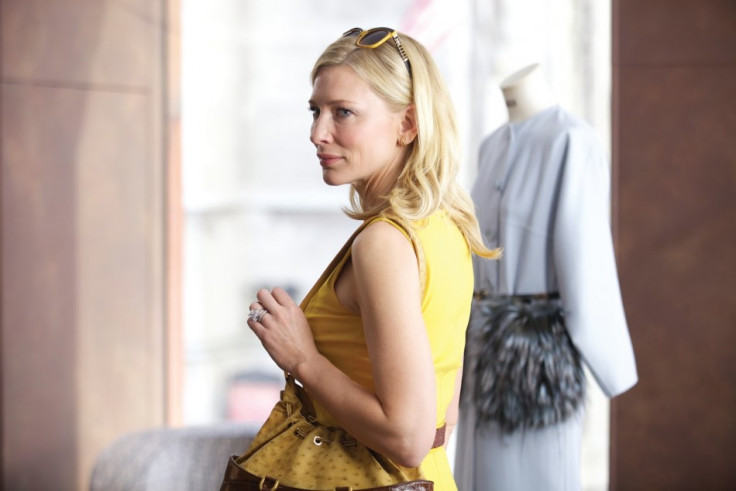Blue Jasmine: Cate Blanchett Mesmerises in Woody Allen's Triumphant Return to Form [FILM REVIEW]

Fans of Woody Allen are stuck in the past.
Last summer a film biography was released of the legendary filmmaker, simply titled Woody Allen: A Documentary. It followed him for over a year to uncover how he works but also to relive his career from stand-up comedian to Academy Award-winning director. The problem is that most people are enraptured by his work in the 70s and 80s, and either chided his last two decades of output or ignored it all together. How fitting then, that his brutally funny return to form (yes this can be said with confidence) is a mesmerising melodrama about a woman agonisingly out of touch with her modern surroundings, trying desperately to cling to the past.
The ethereal Cate Blanchett is simply stunning as Jasmine, a New York socialite brought to her knees by her husband's financial and matrimonial misdemeanours, and forced to live with her down to earth sister (Sally Hawkins) in San Francisco. Haunted and still in thrall to her former life, Jasmine is a richly complex character who is sympathetic whilst at the same time utterly irredeemable. A frazzled wreck living off a cocktail of Martini's and anti-depressants, she refuses to accept the hard times she's fallen on, and instead seeks any route back to the idyllic life she once had.
Barring her breakout in Elizabeth, Blanchett has been for the most part Hollywood's perfect bit-part player. From The Aviator to I'm Not there, she has often swooped in as a supporting character only to emerge as the film's stand-out performance. Whether through fate or good fortune, the stars aligned so that Woody Allen could finally find someone to inherit the mantle of Diane Keaton and allow Blanchett to bring out the screen performance of her career.
She is complemented throughout by an assortment of supporting stars that provide much of the comic relief. From Alec Baldwin as her contemptibly corporate former husband to Bobby Cannavale as the working-class oafish boyfriend of her sister Ginger, the other characters are typical Allen caricatures. Yet where shallow writing has brought down these roles in his previous efforts, here every single performance perfectly clicks into place to not only present an authentic analysis of class tension but also a psychological projection from Jasmine's fragile mind of how she sees her place in society.
Her tortured journey in these new surroundings is neatly framed by the flashbacks Jasmine has of her previous life in New York where we see the fantasy she once lived in slowly begins to unravel. The stuffiness of her old life in New York is contrasted with the fresh start she plans to make in San Francisco. But in similar style to the Alfred Hitchcock classic Vertigo, Allen presents the City by the Bay as a place where it is impossible to escape your past.
Here is Allen's autobiographical examination of the last few years he has spent trying to rescale former great heights. Leaving his beloved New York for Europe in the hope of reigniting his creative spark, he had instead reverted to the same tired tropes that suggested his career was permanently on the wane. But back on US shores, he has finally delivered not only a triumphant comeback but his magnum opus, a movie that, thanks to an extraordinary performance from Blanchett, can confidently be compared to the likes of Manhattan and Annie Hall.
© Copyright IBTimes 2025. All rights reserved.






















